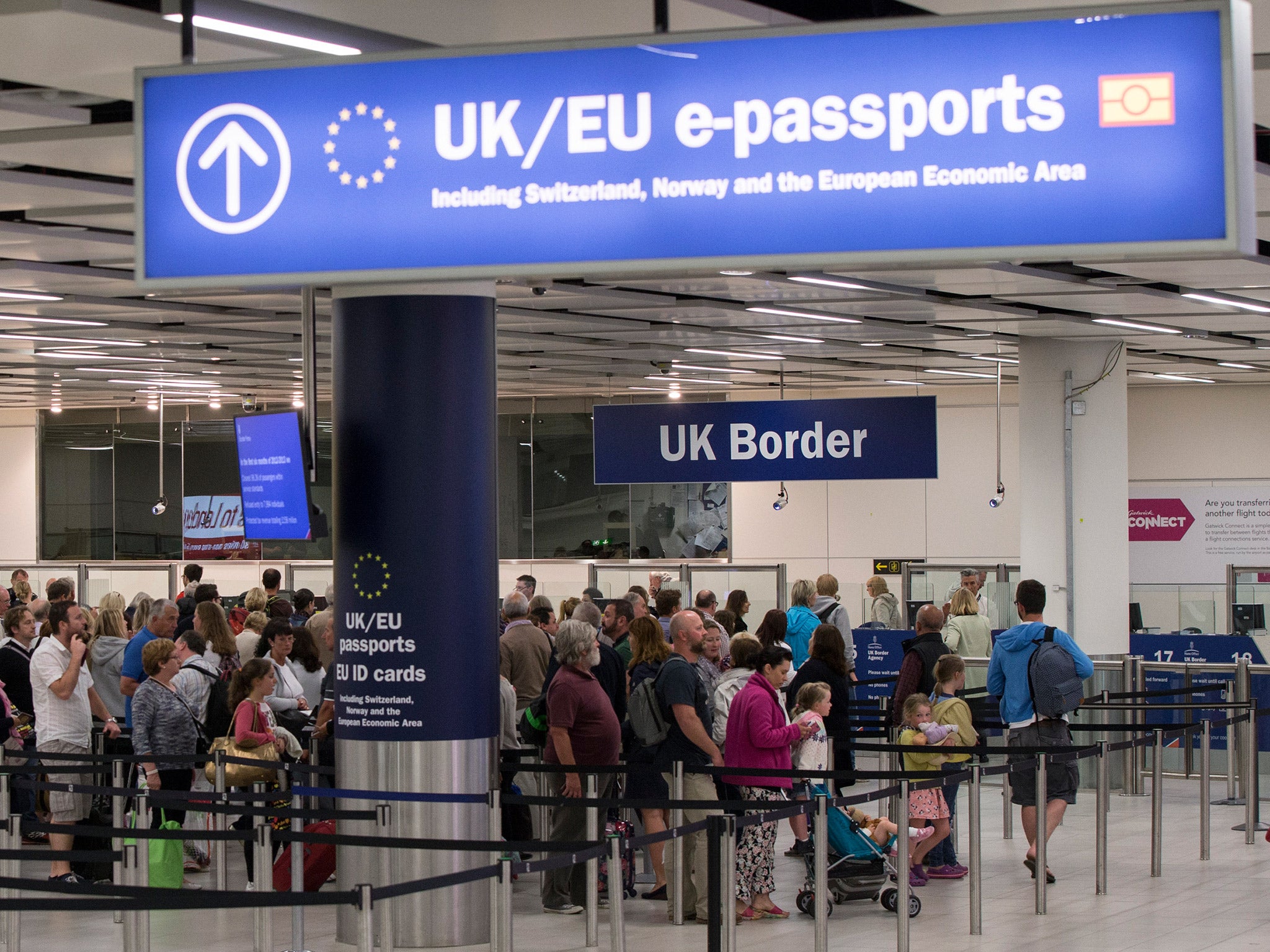David Cameron's claims of 40 per cent of migrants on benefits based on figures beset by 'uncertainty', Government analysis admits
The figures were subject to a formal complaint to the UK Statistics Authority

Your support helps us to tell the story
From reproductive rights to climate change to Big Tech, The Independent is on the ground when the story is developing. Whether it's investigating the financials of Elon Musk's pro-Trump PAC or producing our latest documentary, 'The A Word', which shines a light on the American women fighting for reproductive rights, we know how important it is to parse out the facts from the messaging.
At such a critical moment in US history, we need reporters on the ground. Your donation allows us to keep sending journalists to speak to both sides of the story.
The Independent is trusted by Americans across the entire political spectrum. And unlike many other quality news outlets, we choose not to lock Americans out of our reporting and analysis with paywalls. We believe quality journalism should be available to everyone, paid for by those who can afford it.
Your support makes all the difference.David Cameron’s claim that “around 40 per cent” of recent EU migrants receive benefits is based on a two-year-old dataset beset by “uncertainty and limitations”, the Government’s own analysis has said.
The statistic is based on a five per cent sample from March 2013, which indicated that between 37 and 45 per cent of EU migrants were supported by the benefits system. Downing Street briefed journalists ahead of Mr Cameron’s speech that 43 per cent of EU migrants received support. The estimate also excludes EU migrants studying in the UK.
In his speech Mr Cameron said: “We now know that, at any one time, around 40 per cent of all recent European Economic Area migrants are supported by the UK benefits system, with each family claiming on average around £6,000 a year of in work benefits alone, and over 10,000 recently-arrived families claiming over £10,000 a year.”
The figures were subject to a formal complaint to the UK Statistics Authority, after the charity Full Fact said no independent data had been published to support the claim.
The Department for Work and Pensions later published a “one-off ad hoc analysis in support of the Prime Minister’s speech”. The analysis said the 37 to 45 per cent range was used “to reflect the uncertainty and limitations” in the datasets.
Official government statistics reveal that EU migrants are in fact less likely to claim out-of-work benefits than UK nationals, and more likely to claim in-work benefits. As of February 2015, according to DWP stats, only 2.2 per cent of those claiming out-of-work benefits were EU migrants, even though they make up six per cent of the total population.
Join our commenting forum
Join thought-provoking conversations, follow other Independent readers and see their replies
Comments